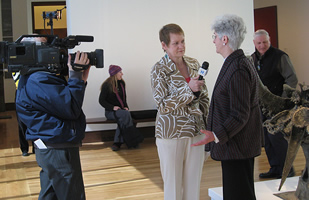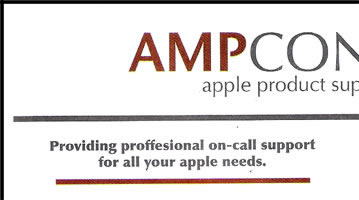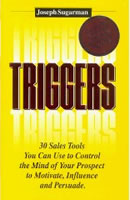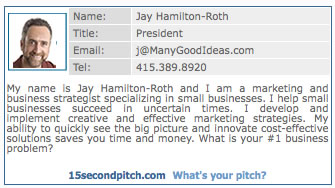
Photo by Justin Moore
I’ve been interviewing a number of guests for my new TV series (“Business With Passion“) and have developed a number of successful techniques to make the guest feel comfortable and have a great interview. The same techniques that work for interviews are great for any business or social meeting as well.
1) Sit (or lean) slightly forward. Your body language conveys your level of interest.
2) Look your guest in the eye. You may be thinking about the next question you want to ask, or daydreaming about something unrelated. Remember that you are your guest’s audience. Be a receptive one.
3) Smile. Encourage your subject by nodding and genuinely enjoying the time you’re spending with your guest.
4) Help them. Remember that your guest is doing an interview for their reasons, and you’re holding an interview for your own. Make the interview a win-win experience. Find out what information they want to convey, and guide them to share the information in your own style.
5) Talk about them. Most people like to talk about themselves. Ask questions whose answers you care about, and show that you’re listening by asking appropriate follow-up questions.
6) Take notes. This might seem to be a distraction, since you need to look away to write something down. However, when your guest realizes that you’re not wanting to miss a gem they imparted, they’ll be flattered.
7) Isolate them. By talking with someone in an environment with few distractions, your guest will be able to focus more on your interview and not get sidetracked.
8) Start out slowly. Ask questions that require little thought (their name, how to spell it) and move into things that are near and dear to your guest.
9) Make the goals clear. Especially for broadcast, people are a bit wary of talking “on the record”. They want to make sure they are not misquoted or taken out of context. Ideally, show them examples of your previous work. Tell them how your interview will use be used (and your goals for it).
10) Leave ample time. Make sure your guest has time to ramp up, goof up, rethink, and reflect. You want your guest to feel confident that what they say matters and their time with you is important.


